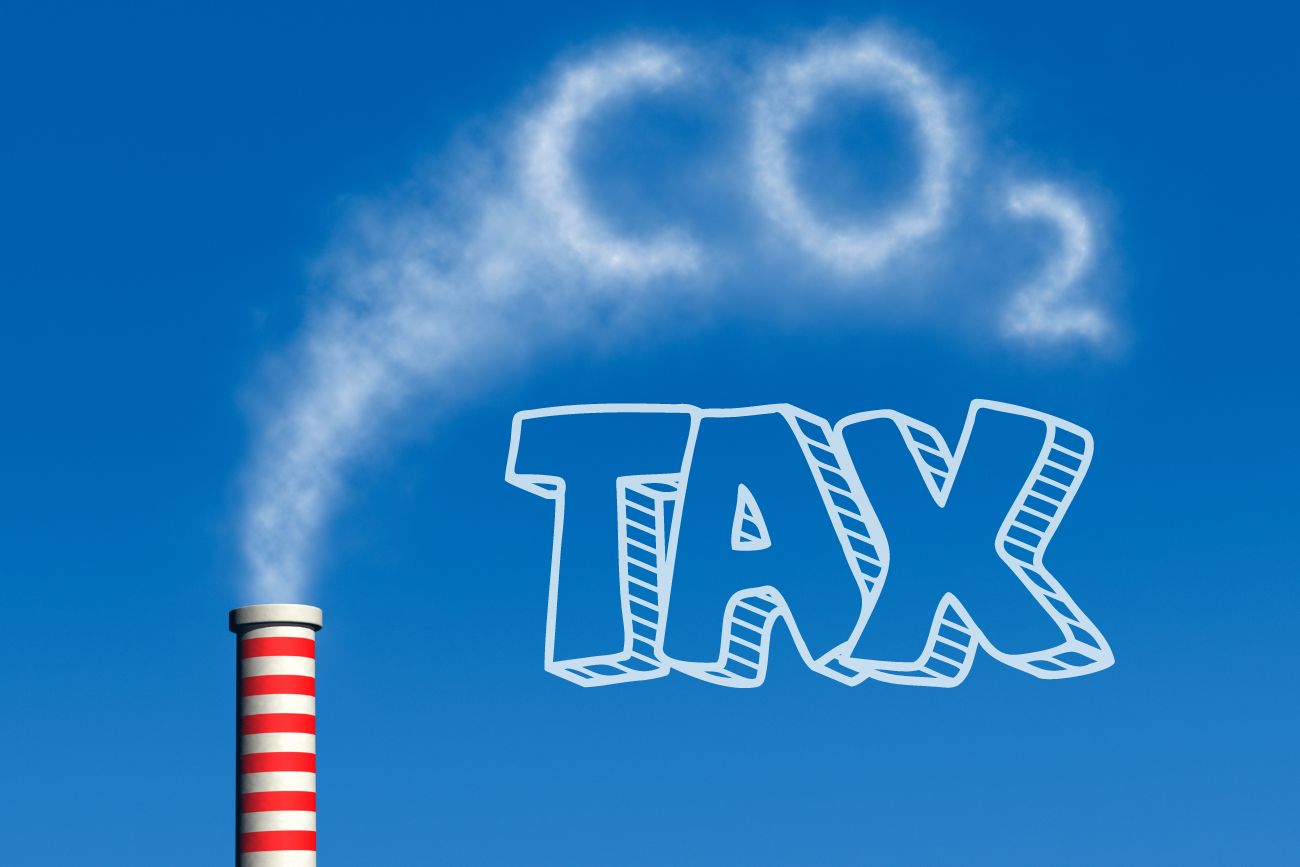
Singapore’s carbon regulations for businesses are crucial for achieving sustainability goals. As climate change becomes an increasingly pressing issue, Singapore has taken significant steps to address its carbon emissions. The country has implemented a range of policies aimed at measuring and reducing CO2 emissions from businesses. These policies are not only regulatory measures but also serve as incentives for companies to transition towards greener, more sustainable operations. In this article, let’s explore the key policies that reflect Singapore’s commitment to reducing carbon emissions and promoting sustainable business practices.
1. Carbon Tax
One of the most significant Singapore’s carbon regulations is the Carbon Tax, introduced on January 1, 2019. This tax applies to all facilities producing 25,000 tonnes or more of greenhouse gas emissions annually. Initially set at S$5 per tonne of CO2 equivalent (tCO2e) for the first five years (2019-2023). And then, the tax is set to increase to S$45 per tonne of CO2 equivalent in 2026 and 2027, with plans to further escalate it to between S$50 and S$80 per tonne by 2030. In general, the carbon tax was designed to help businesses transition smoothly towards greener technologies and lower their carbon footprint.
The carbon tax serves as a financial incentive for companies to adopt more energy-efficient practices and invest in renewable energy. As the tax rate is expected to increase in the coming years, businesses that fail to reduce their emissions may face higher costs. Therefore, it makes more economically viable to invest in sustainability.

2. Mandatory Emissions Reporting
Singapore’s Energy Conservation Act mandates that large energy users in the industrial and transport sectors must report their greenhouse gas emissions. This mandatory reporting requires annual submissions on energy use and emissions. Consequently, it allows the government to monitor and manage the country’s overall emissions more effectively.
Thanks to Singapore’s carbon regulations, the government ensures that companies remain accountable for their carbon footprint. In addition, this transparency also encourages businesses to identify areas where they can reduce emissions and improve energy efficiency.
3. The GreenGov.SG Movement
The GreenGov.SG movement, launched in 2021, sets ambitious sustainability targets for Singapore’s public sector, indirectly influencing private businesses as well. One of the key goals of this carbon regulation is to peak public sector carbon emissions around 2025. With a reduction target of 10% in energy and water use from 2018-2020 levels by 2030.
This initiative promotes sustainability in public procurement and public spaces, setting a standard that the private sector is encouraged to follow. As a result, the public sector helps create a culture of sustainability that businesses are motivated to adopt.
4. Promotion of Sustainable Finance
One of Singapore’s carbon regulations is the Green Finance Action Plan. It is also actively promoting sustainable finance as part of its efforts to support businesses in transitioning to low-carbon operations. The Green Finance Action Plan includes measures to develop green bond markets and provide incentives for businesses to invest in sustainable projects.
Through sustainable finance, businesses can access funding that is specifically geared towards green initiatives. Therefore, this financial support is crucial for companies looking to invest in renewable energy, energy efficiency, and other sustainability-related projects.
Conclusion
To sum up, Singapore’s carbon regulations aim at measuring and reducing CO2 emissions from businesses. From carbon tax to mandatory emissions reporting and the promotion of sustainable finance, these measures reflect the nation’s commitment to addressing climate change. Additionally, businesses are operating in Singapore should understand and comply with these policies. It is not just a regulatory requirement but also a strategic opportunity to lead in sustainability and contribute to a greener future.
See more: Climate Tech: Singapore’s Journey Towards a Sustainable Future


